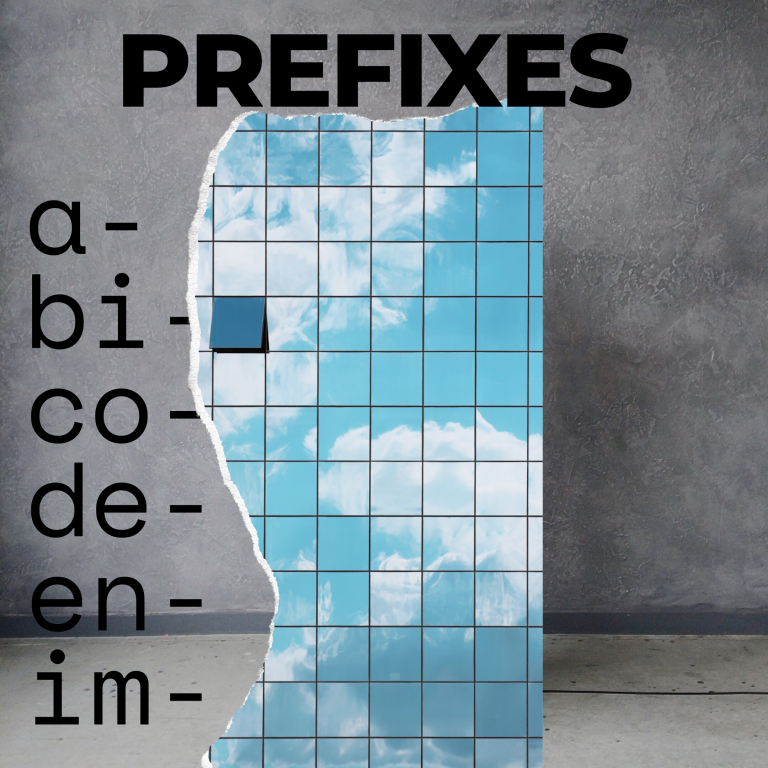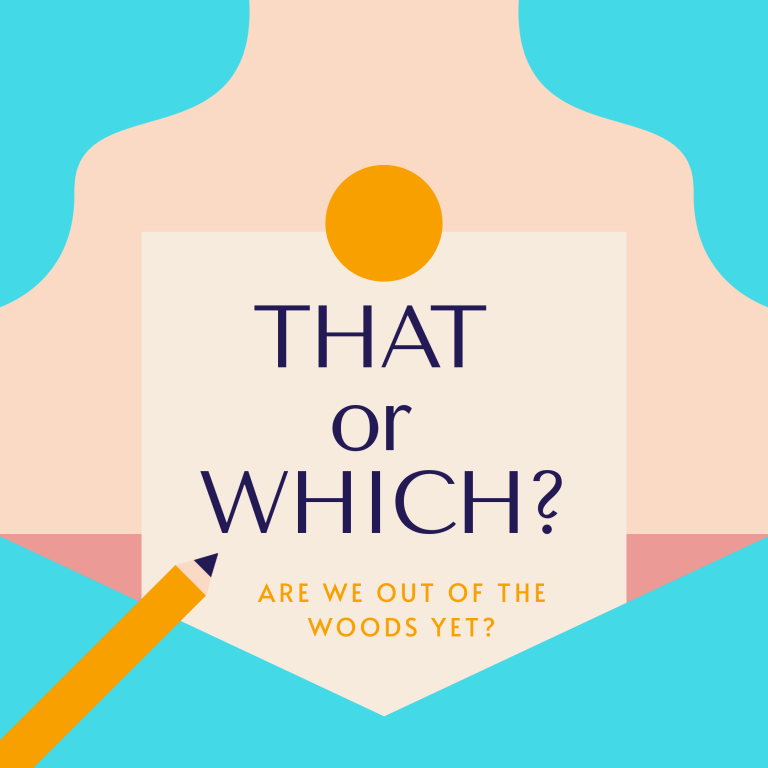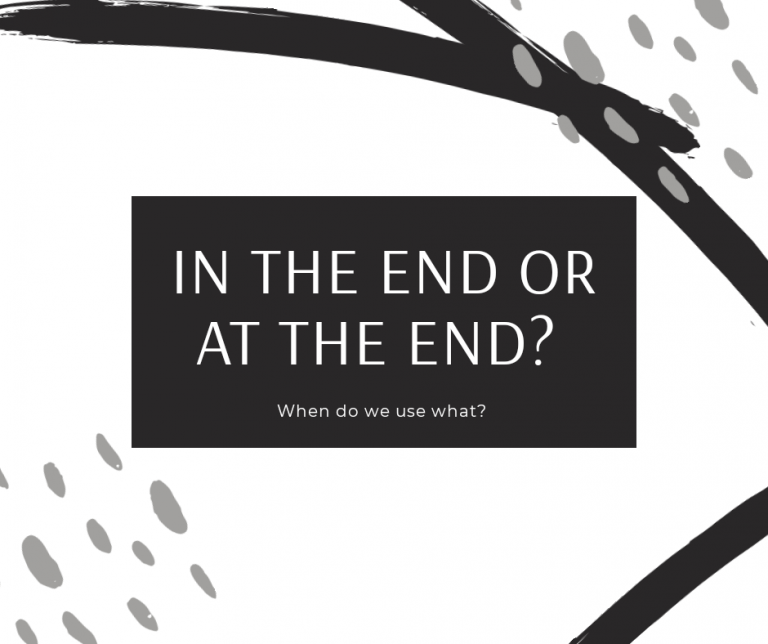Using the adverbs YET, STILL, AGAIN, ALWAYS, and ALREADY correctly.
Sometimes, the most common and seemingly basic words in the English language can be the most frustrating. In view of this, we have decided to review five of these words (adverbs)—YET, STILL, AGAIN, ALWAYS, and ALREADY. Our aim is to clear up some of the confusion. Hope it helps.
- YET
‘Yet’ suggests non-commencement or non-termination of an action. It is usually accompanied by ‘not’. ‘Yet’ does not imply discontinued action and so it is not a simple negative equivalent of ‘still’.
The technician has not yet tested the samples.
His assistant can’t yet see him (he hasn’t showed up).
‘Yet’ is more common in affirmative questions than it is in affirmative statements. When it is used in affirmative statements, it implies a negative meaning.
You are yet to write your exams.
(Meaning, you have not written your exams, but you will soon write the exams.)
Have you yet written your exams?
- STILL
‘Still’, which is usually used in affirmative sentences, refers to a continuing action.
I am still writing my thesis.
The dog is still chewing the bone.
The verb tense used with ‘still’ is usually in the progressive form, except with ‘be’, ‘have’, and verbs of primary perception. As in:
I can still hear him.
She still has the yearbook.
NOTE 1: ‘Still’ is NOT synonymous to ‘Always’.
While ‘still’ implies that an action is unfinished or temporary, ‘always’ implies that an action is permanent and not likely to cease.
NOTE 2: When ‘still’ is used with ‘not’, the position of ‘still’ (whether before or after the ‘not’) is critical to determining the meaning of the sentence.
If ‘still’ precedes the verb, it only means that the action has not yet begun; NOT that the action has stopped. As in:
He still does not know the details. (means he is waiting to know the details; he does not know it.)
He does not still know the details. (means he knew the details some time in the past, but does not know it presently (might be as a result of amnesia).
- NO LONGER
‘No longer’ is the negative equivalent of ‘still’. ‘no longer’ cannot be replaced by ‘no more’ in this context.
The negative version of ‘she still has the yearbook’ will be ‘she no longer has the yearbook’.
The negative version of ‘I am still writing my thesis’ will be ‘I am no longer writing my thesis’, NOT ‘I am no more writing my thesis’
CONFUSION BETWEEN STILL AND YET
The tendency to be confused about ‘still’ and ‘yet’ stems from their use in questions: the difference between an initial (start) action (yet) and continuing action (still) is important.
We are at the chocolate factory; can you smell anything yet? (meaning, have you begun to smell something?)
We are at the chocolate factory; can you still smell anything? (meaning, there was a smell; but can you smell it now?)
Have you yet smelled anything? (an open question meaning you may or may not have smelled something.)
- AGAIN
When ‘Again’ is used with a verb, it suggests repetition.
I loved that place; can we do this again?
The food was horrible, I am not buying it again.
- ALREADY
‘Already’ suggests a terminated action or an acquired state. It is normally used with the perfect tense in British English; American English speakers often use it with a preterite.
Grace has already been to Accra twice.
It was already weak when I rescued it.



